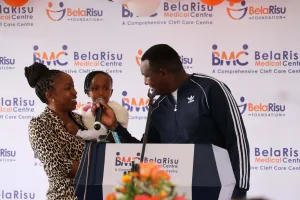
By Kemunto Ogutu
Bruce Orangi, a father of two boys is elated as he narrates his journey with the cleft lip condition. Having had the condition himself, he had to endure the journey two more times since both of his sons were born with cleft conditions. Early this year, he had his mouth fistula repaired at Bela Risu Medical Center.
As they celebrated one year since its inception on Friday 27th October, The Bela Risu Medical Center opened its doors to its beneficiaries, government officials, and donors to commemorate their milestone.
During the anniversary celebrations at the medical center in Park Road, Nairobi, Simon and Angela Munene held their smiling third-born daughter, Wendo.
Mr. Munene narrated how their journey with cleft lip began in January 2021 at the birth of their daughter in Kisii Town. It was at the height of COVID-19 that their little girl’s cleft lip was a big concern to them.
For a moment, he thought that the condition was a result of witchcraft. He had never seen anything like that before. However, their friends in the medical field reassured them that the cleft lip was nothing to worry about and could be fixed when little Wendo attains three months.
Unable to breastfeed, they had to tube-feed their daughter with baby formula, a move that delayed her full treatment even further since the doctors required baby Wendo to weigh at least 8 kilograms to undergo the surgery.
After several false starts and visits to several hospitals, Munene learned of a comprehensive cleft center, Bela Risu, and it was just a matter of time before Wendo underwent surgery to restore her smile.
Munene confessed that he has since become an ambassador for cleft lip issues, spreading awareness on his social media pages and guiding fellow parents through the steps he took to get treatment for his daughter.
Like Munene, Halima Osman, a beneficiary of the Bela Risu Foundation spoke of her experience with cleft lip. When she delivered her second born child, she was shocked. It was her first time seeing a cleft-lipped baby. Doctors kept referring to the condition as ‘cleft lip’; a name that was foreign to her.
Her doctors consoled her assuring her of fixing the problem, giving her temporary relief, as she thought that she would go home with a baby whose lip was fixed. That was not the case.
What depressed her the more was that her son could not breastfeed normally since the cleft on his lip interfered with his ability to latch to her breast.
“I tried to overcome it but each time I saw my baby, I got even more depressed. Luckily, my family and the father of my child were very supportive,” narrates Halima.
Osman recounted how, in her quest to find a cure for her son, the thought of the cost of such a surgery lurked at the back of her mind. She was certain it would cost a fortune. Even then, the stories shared on social media by fellow parents whose children had cleft lips kept her hopes alive.
When her boss advised that she visit Bela Risu Medical Center in Ngara, Nairobi, Osman was pleasantly surprised when they told her that the corrective surgery would not cost her any money. At two months of age, her son finally underwent surgery, braved a three–week recovery, and now boasts an impeccable smile.
Osman has since become a cleft lip ambassador, championing surgeries and educating on social media that cleft lip is not a curse, but a condition that you can easily fix. She disclosed that while the journey has not been an easy one, having a supportive community around her was very helpful.
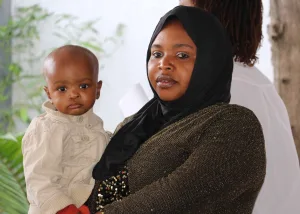
A Taxing Trade
Dr. Mahabubur Khan, the director of surgical services at the medical center, has been performing cleft lip surgeries for more than 15 years. Having seen the suffering of his brother as a cleft lip baby, his interest in the field of cleft lip surgery kindled into a full-blown fire that saw him travel across the globe to help others ailing from the condition. However, he confirms that very few surgeons have ventured into the cleft lip specialization, citing the low financial benefits of the field; a blow that has left the field void of enough experts.
According to Dr. Khan, it takes a lot of dedication to become a cleft lip surgeon. “Everyone talks about cleft surgeries, but nobody talks about the volunteer’s dedication.’’
He pointed out that the Bela Risu volunteers never see the sunrises or sunsets of any countries they travel to because their team members get into the operational theatres at 5 in the morning and leave at night past 10 o’clock.
Dr. Khan disclosed that lack of awareness of the cleft lip condition has also been a huge challenge to their cause, saying that in the African continent, a lot of parents who give birth to cleft-lipped children think the condition is a curse from the gods and is not treatable.
He disclosed that: ‘‘In many of the African countries that we have visited, children with cleft lips are hidden from society. This is what fuels our vision to ensure the world knows that cleft lip is treatable and that they can treat it free of charge.’’
Dr. Khan further called on all surgeons involved in cleft lip surgeries to ensure dedication and a passion for the profession.
“Between 95-99 per cent of the cleft lip post-surgical complication errors stem from the fingers of the surgeon. If the surgeons make a mistake in the primary surgery, then the life of the patient becomes more complicated,” he said.
He added that such mistakes would cause patients to go for multiple subsequent surgeries, making their lives unbearable.
Dr. Khan urges governments and non-governmental organizations to invest in the necessary infrastructure and setup for the cleft-lip procedures, stating that if cleft conditions are not properly treated, they could lead to long-term complications such as nose and lips collapse, development of fistulas in the mouth and defects in speech and pronunciations.
Speaking to Tidal Wave News, Abdulhakim Kimani, the Chief Operating Officer of Bela Risu Foundation revealed that since its inception a year ago, the center has restored the smiles of over 300 East African patients.
According to Kimani, Belarisu is the first comprehensive cleft care center in Sub-Saharan Africa, a feat that empowers them to treat anything to do with cleft lips and palates.
He is optimistic that the center will be able to surpass its current results and treat even more patients, with its goal being to treat 300 patients every two months. “We are capable of doing that and the facility is well-equipped,” he said. He pointed out that the doctors at the medical center are exclusively from Kenya, stating that Kenyan doctors boast of exceptional and unmatched expertise.
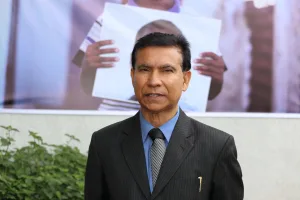
A Cleft-Free World
“Our vision is to ensure that every mother who gives birth to a child with a cleft knows the solution to it. We want them to know that there’s somewhere they can go and have this condition treated.” Kimani reiterated.
Dr. Khan pointed out that although the international age protocol for cleft surgeries is three months, there are no age limitations for the surgeries that they perform. He explained that they have operated on patients as young as one month to 80 years.
How They Keep It Free
When asked about the organization’s funding model, Kimani said that their collaboration with Smile Train, a US-based organization committed to cleft lip surgeries, helps keep the foundation afloat. Kenyan philanthropists, individual donors, and business people who also donate to the cases have made it possible for the center to run smoothly.
Speaking during the anniversary celebrations at the medical center, Senator Ann Maina promised that Nairobi County and the national government would work with Bela Risu to provide the necessary support they may need to make a difference in the lives of Kenyans born with craniofacial deformities.
Kepha Omanga, the Nairobi County Director, lauded the Bela Risu Foundation for its unwavering commitment to providing healthcare services that go beyond the conventional and their dedication to offering free life-changing and hope-inspiring surgeries to individuals affected by craniofacial deformities.
‘‘Your approach is rooted in local expertise and solutions that promote equitable healthcare,’’ he concluded.

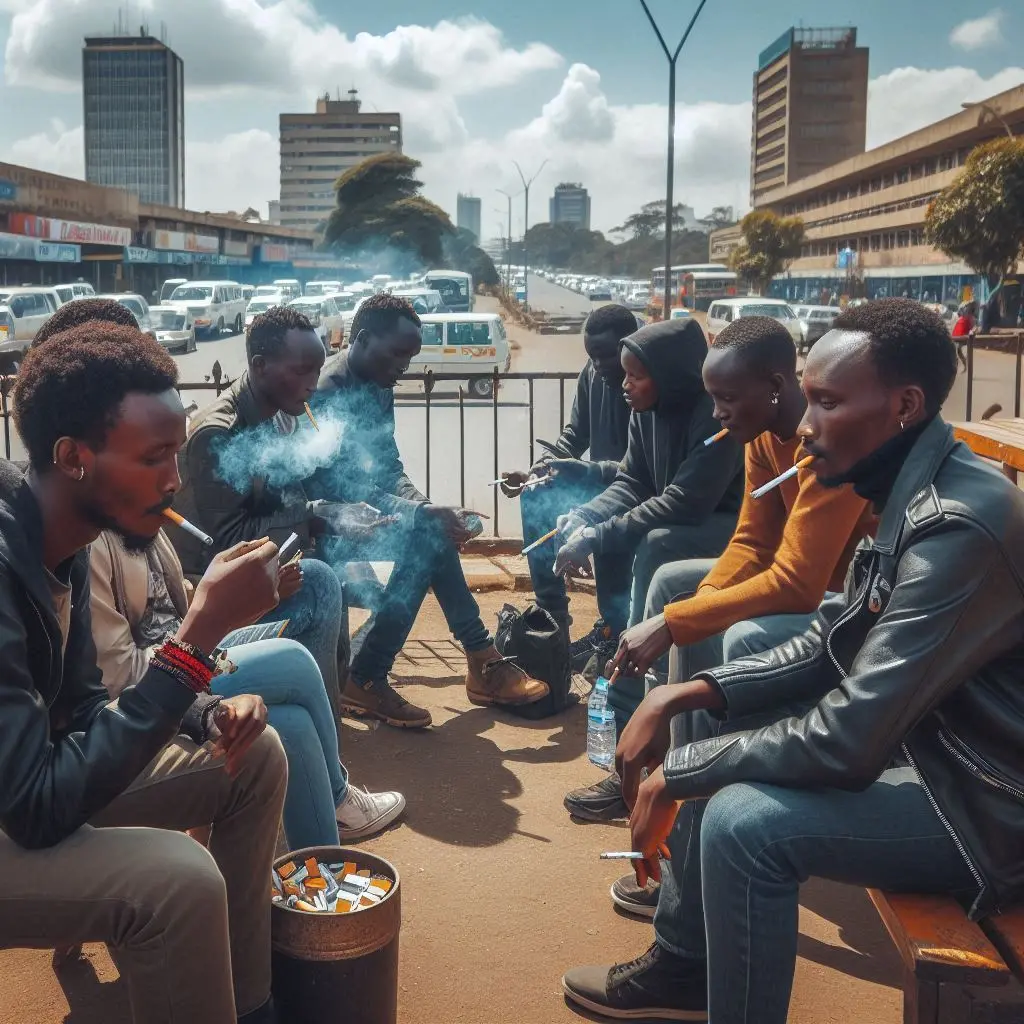
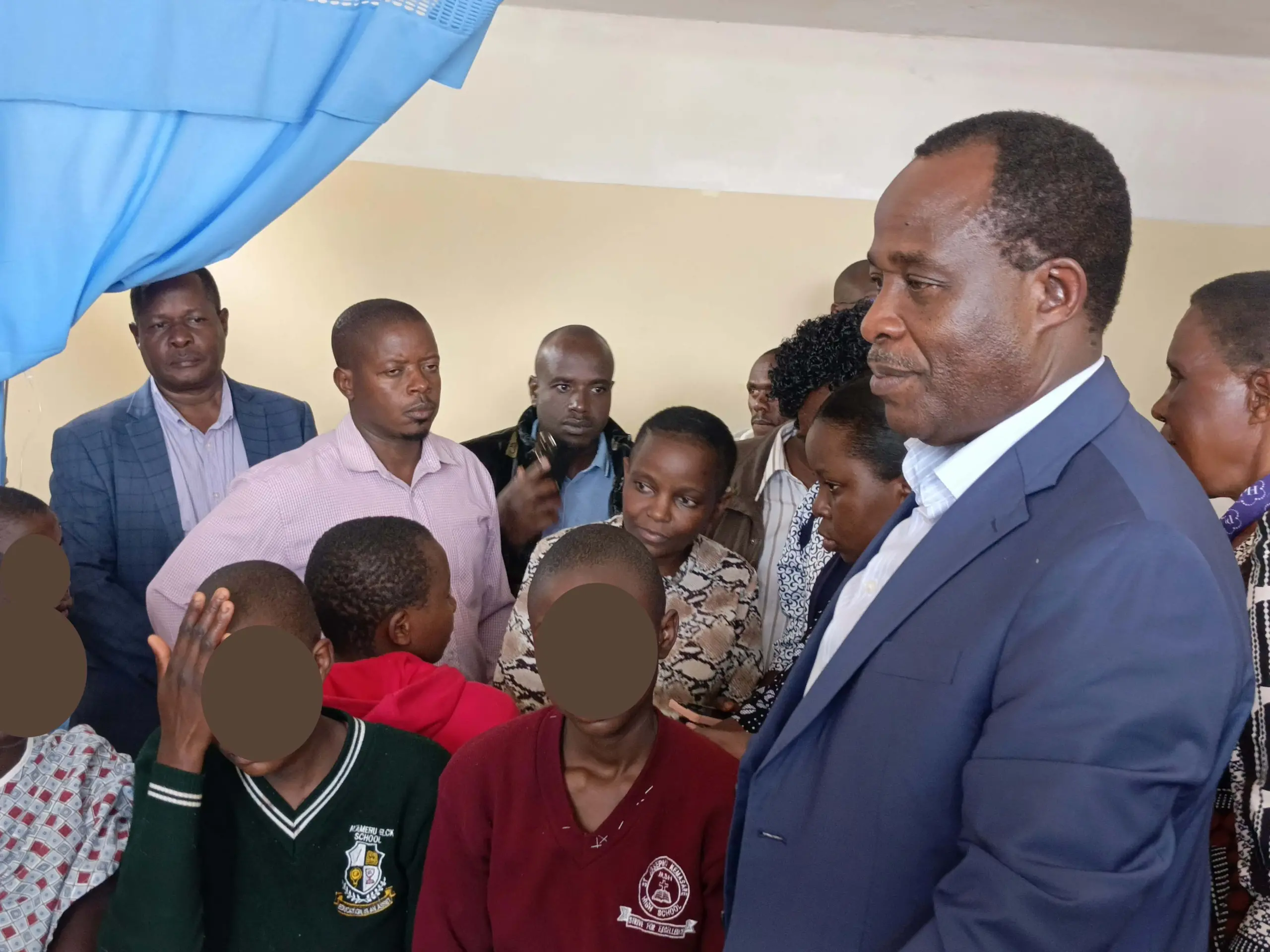
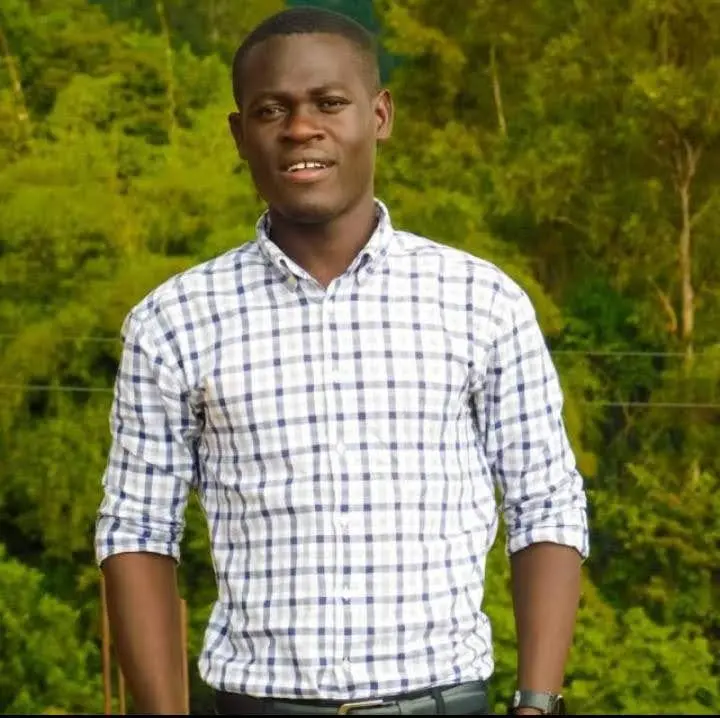
One thought on “Continuous hope for cleft lip patients in East Africa ”